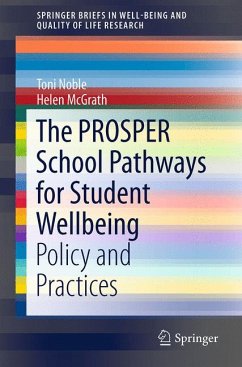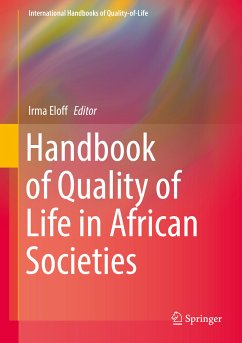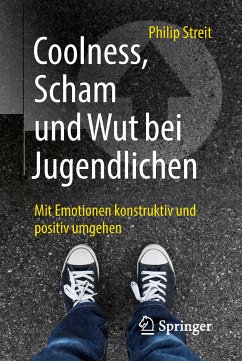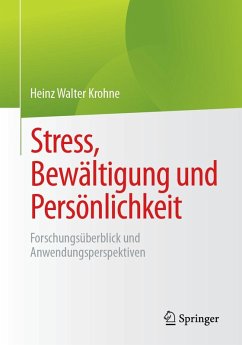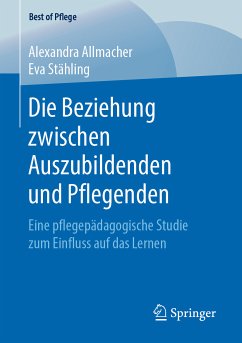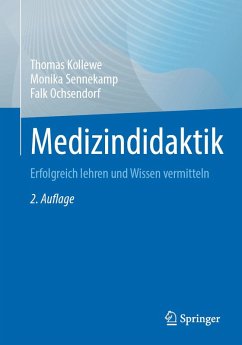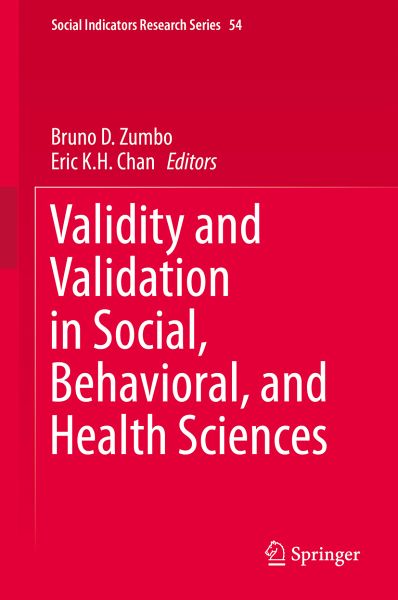
Validity and Validation in Social, Behavioral, and Health Sciences (eBook, PDF)

PAYBACK Punkte
36 °P sammeln!
This book combines an overview of validity theory, trends in validation practices and a review of standards and guidelines in several international jurisdictions with research synthesis of the validity evidence in different research areas. An overview of theory is both useful and timely, in view of the increased use of tests and measures for decision-making, ranking and policy purposes in large-scale testing, assessment and social indicators and quality of life research. Research synthesis is needed to help us assemble, critically appraise and integrate the overwhelming volume of research on v...
This book combines an overview of validity theory, trends in validation practices and a review of standards and guidelines in several international jurisdictions with research synthesis of the validity evidence in different research areas. An overview of theory is both useful and timely, in view of the increased use of tests and measures for decision-making, ranking and policy purposes in large-scale testing, assessment and social indicators and quality of life research. Research synthesis is needed to help us assemble, critically appraise and integrate the overwhelming volume of research on validity in different contexts. Rather than examining whether any given measure is "valid", the focus is on a critical appraisal of the kinds of validity evidence reported in the published research literature. The five sources of validity evidence discussed are: content-related, response processes, internal structure, associations with other variables and consequences. The 15 syntheses includedhere, represent a broad sampling of psychosocial, health, medical and educational research settings, giving us an extensive evidential basis to build upon earlier studies. The book concludes with a meta-synthesis of the 15 syntheses and a discussion of the current thinking of validation practices by leading experts in the field.
Dieser Download kann aus rechtlichen Gründen nur mit Rechnungsadresse in A, B, BG, CY, CZ, D, DK, EW, E, FIN, F, GR, HR, H, IRL, I, LT, L, LR, M, NL, PL, P, R, S, SLO, SK ausgeliefert werden.




